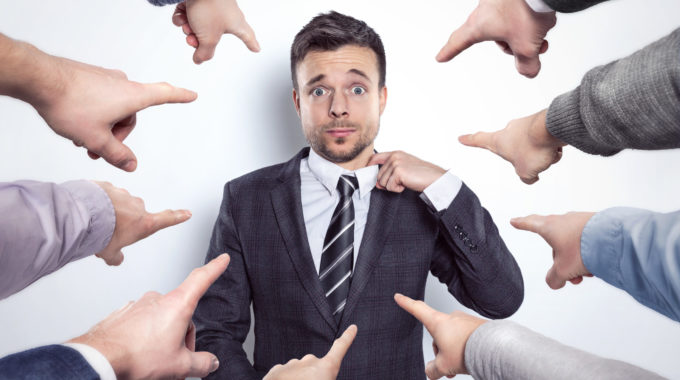
Introduction: Understanding Libel Claims
Libel claims are a complex area of law that involves allegations of false and defamatory statements made in written or published form. In this article, we delve into the legal perspectives surrounding libel claims, analyzing key aspects of this legal realm.
Defining Libel: Key Elements and Requirements
Libel is a type of defamation that occurs when false and damaging statements are published or distributed, causing harm to an individual’s reputation. To prove libel, certain elements must be established, including the statement’s falsity, publication, identification of the plaintiff, and actual harm or damages.
Legal Standards and Burden of Proof
In libel claims, the burden of proof typically rests on the plaintiff, who must demonstrate that the statement in question is false and has caused reputational harm. Courts apply different legal standards depending on the plaintiff’s status, such as whether they are a public figure or a private individual, which can impact the level of proof required.
Public Figures and Libel Laws
Public figures, such as celebrities, politicians, or public officials, face unique challenges in libel claims. They must prove actual malice, meaning that the defamatory statement was made with knowledge of its falsity or reckless disregard for the truth. This higher standard aims to balance free speech rights with the protection of reputations.
Private Individuals and Libel Protections
Private individuals have greater protections in libel claims, as they only need to show negligence on the part of the defendant in publishing false statements. Courts recognize the importance of safeguarding individuals’ reputations while also upholding the right to free expression.
Legal Defenses Against Libel Claims
Defendants in libel cases can invoke various legal defenses to challenge the plaintiff’s claims. These defenses may include truth, fair comment or opinion, privilege, and consent. Each defense has specific criteria and requirements that must be met to be successful in court.
Damages and Remedies in Libel Cases
If a plaintiff successfully proves libel, they may be entitled to damages to compensate for reputational harm, emotional distress, and economic losses. Remedies can include monetary compensation, injunctions to cease publication of defamatory statements, and corrections or retractions.
Media Ethics and Libel Considerations
Ethical considerations play a crucial role in libel claims, particularly for journalists, media organizations, and content creators. Adhering to journalistic standards, fact-checking, and verifying sources are essential practices to minimize the risk of facing libel lawsuits.
Social Media and Libel Risks
The advent of social media has heightened libel risks, as statements can spread rapidly and reach a wide audience. Individuals and businesses must exercise caution when posting or sharing content online to avoid potential legal liabilities for libelous statements.
Navigating Libel Claims: Legal Counsel and Guidance
Given the complexities of libel law, individuals and organizations facing libel claims should seek legal counsel and guidance from experienced defamation attorneys. Legal professionals can assess the merits of a libel claim, advise on legal strategies and defenses, and represent clients in court proceedings to protect their rights and reputations.
Conclusion: Legal Considerations in Libel Claims
In conclusion, exploring libel claims from a legal perspective requires a nuanced understanding of defamation law, legal standards, burden of proof, defenses, damages, and ethical considerations. With careful analysis and legal counsel, individuals and entities can navigate libel claims effectively and protect their reputations in the digital age. Read more about libel
